135 results in Lectures, Workshops, and Proceedings of International Conferences
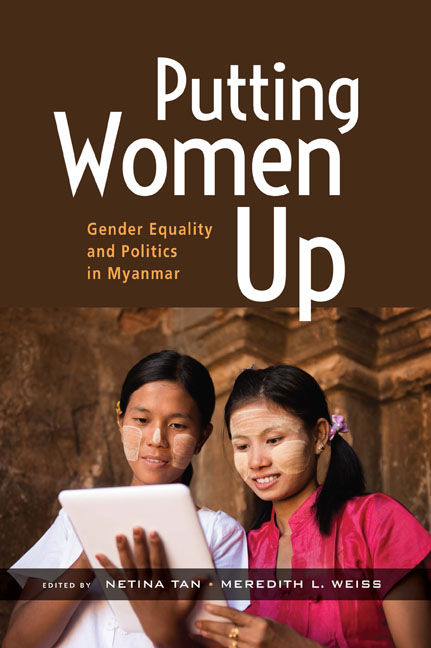
Putting Women Up
- Gender Equality and Politics in Myanmar
-
- Published by:
- ISEAS–Yusof Ishak Institute
- Published online:
- 18 April 2024
- Print publication:
- 06 February 2024
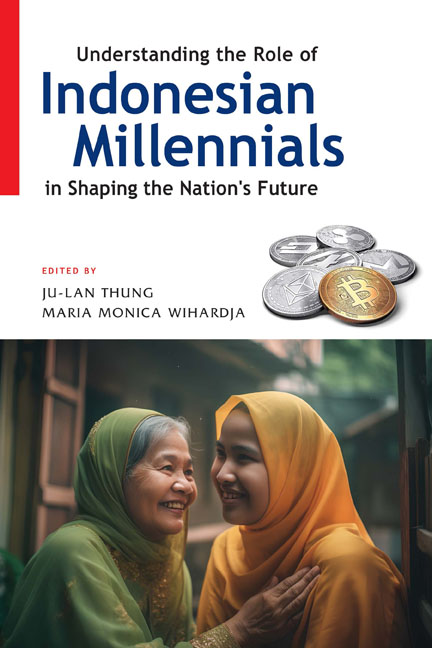
Understanding the Role of Indonesian Millennials in Shaping the Nation's Future
-
- Published by:
- ISEAS–Yusof Ishak Institute
- Published online:
- 13 April 2024
- Print publication:
- 02 January 2024

Trending Islam
- Cases from Southeast Asia
-
- Published by:
- ISEAS–Yusof Ishak Institute
- Published online:
- 26 March 2024
- Print publication:
- 21 September 2023
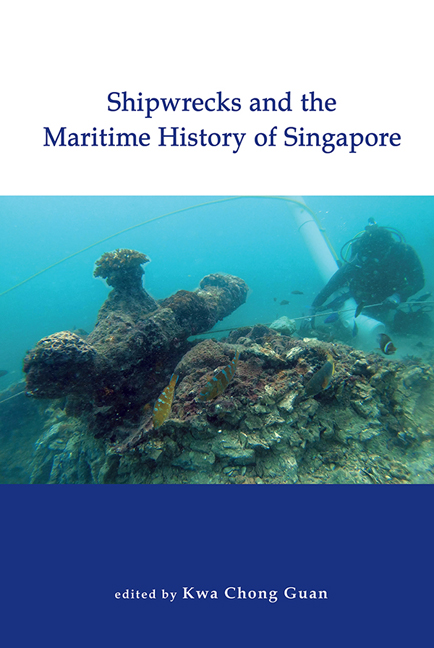
Shipwrecks and the Maritime History of Singapore
-
- Published by:
- ISEAS–Yusof Ishak Institute
- Published online:
- 01 March 2024
- Print publication:
- 05 September 2023
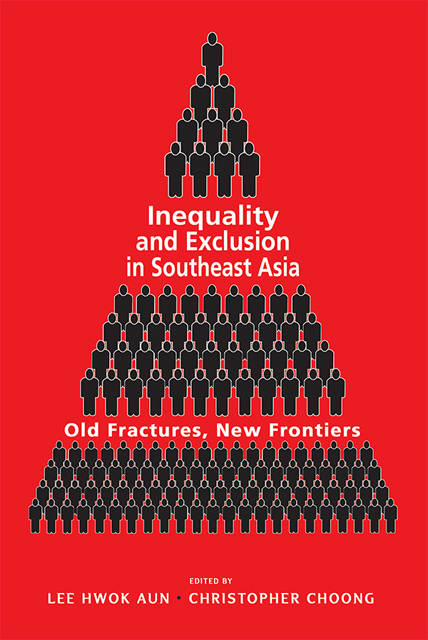
Inequality and Exclusion in Southeast Asia
- Old Fractures, New Frontiers
-
- Published by:
- ISEAS–Yusof Ishak Institute
- Published online:
- 01 September 2023
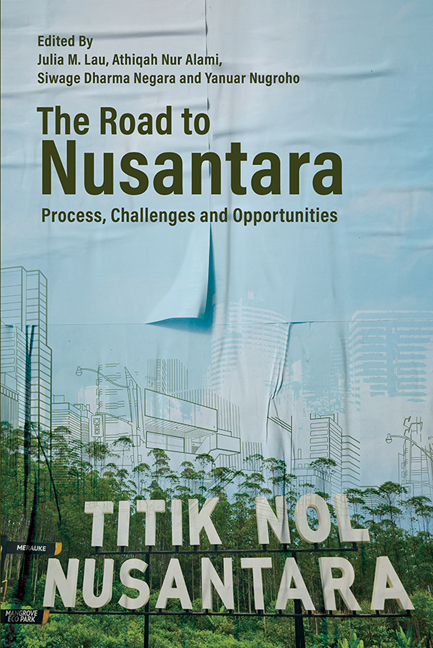
The Road to Nusantara
- Process, Challenges and Opportunities
-
- Published by:
- ISEAS–Yusof Ishak Institute
- Published online:
- 01 March 2024
- Print publication:
- 11 July 2023
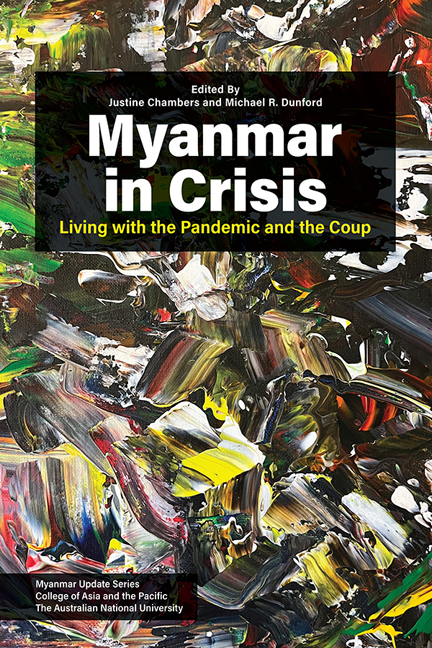
Myanmar in Crisis
- Living with the Pandemic and the Coup
-
- Published by:
- ISEAS–Yusof Ishak Institute
- Published online:
- 01 March 2024
- Print publication:
- 26 June 2023
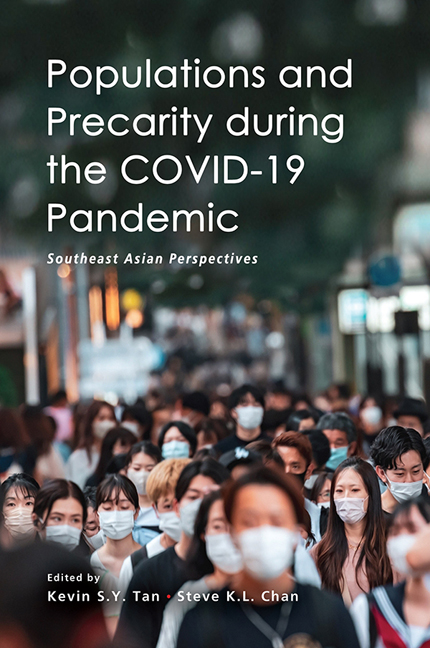
Populations and Precarity during the COVID-19 Pandemic
- Southeast Asian Perspectives
-
- Published by:
- ISEAS–Yusof Ishak Institute
- Published online:
- 01 March 2024
- Print publication:
- 22 June 2023
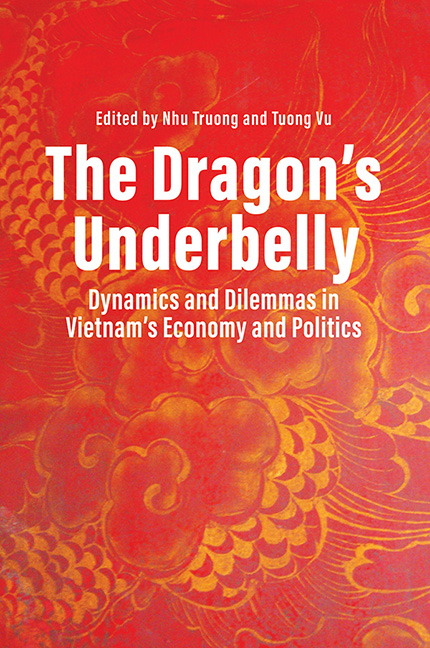
The Dragon's Underbelly
- Dynamics and Dilemmas in Vietnam's Economy and Politics
-
- Published by:
- ISEAS–Yusof Ishak Institute
- Published online:
- 09 January 2024
- Print publication:
- 30 December 2022
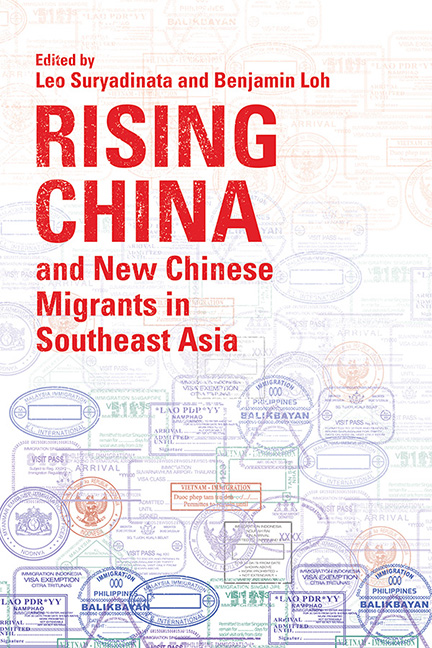
Rising China and New Chinese Migrants in Southeast Asia
-
- Published by:
- ISEAS–Yusof Ishak Institute
- Published online:
- 09 January 2024
- Print publication:
- 28 November 2022
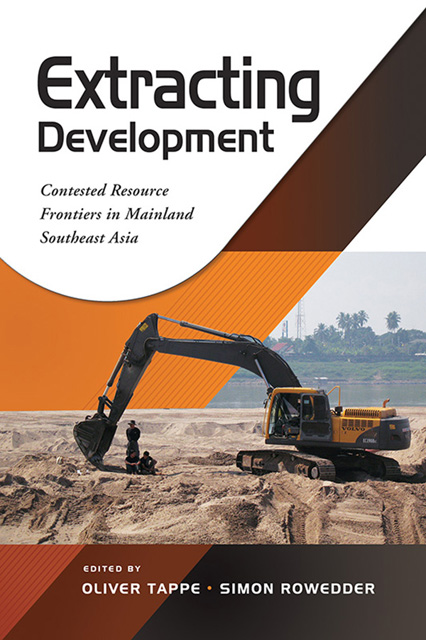
Extracting Development
- Contested Resource Frontiers in Mainland Southeast Asia
-
- Published by:
- ISEAS–Yusof Ishak Institute
- Published online:
- 30 June 2023
- Print publication:
- 10 October 2022
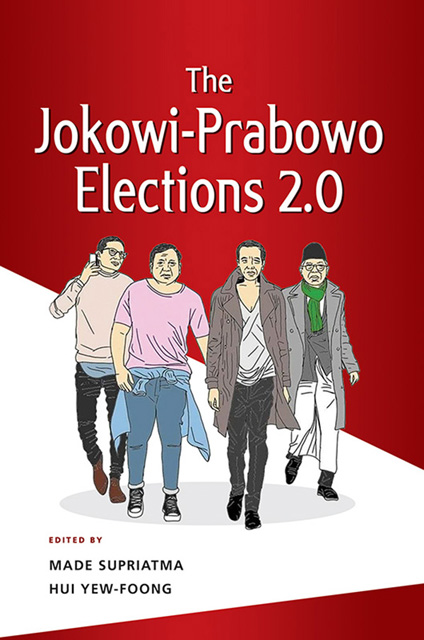
The Jokowi-Prabowo Elections 2.0
-
- Published by:
- ISEAS–Yusof Ishak Institute
- Published online:
- 30 June 2023
- Print publication:
- 29 August 2022
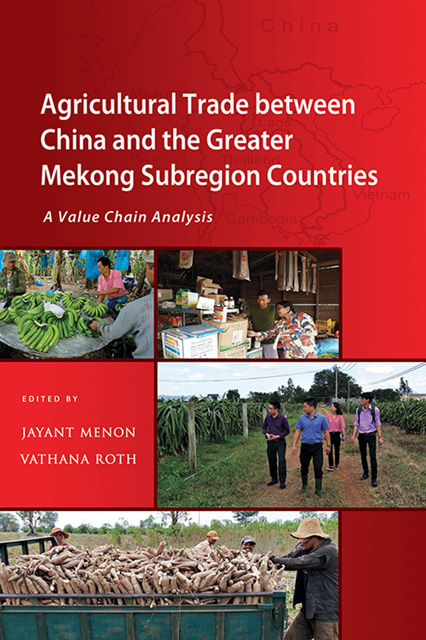
Agricultural Trade between China and the Greater Mekong Subregion Countries
- A Value Chain Analysis
-
- Published by:
- ISEAS–Yusof Ishak Institute
- Published online:
- 30 June 2023
- Print publication:
- 21 June 2022
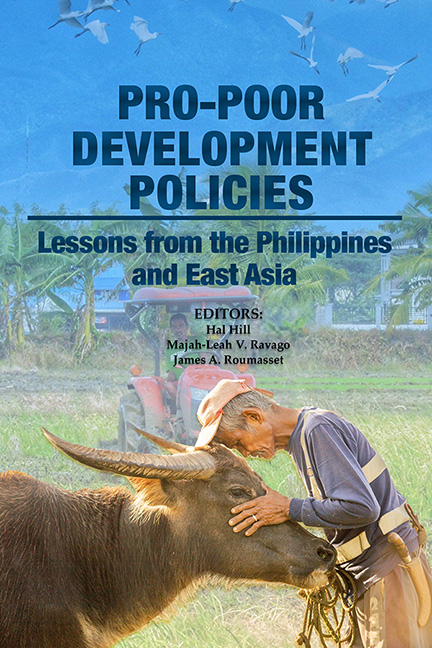
Pro-poor Development Policies
- Lessons from the Philippines and East Asia
-
- Published by:
- ISEAS–Yusof Ishak Institute
- Published online:
- 09 January 2024
- Print publication:
- 10 June 2022
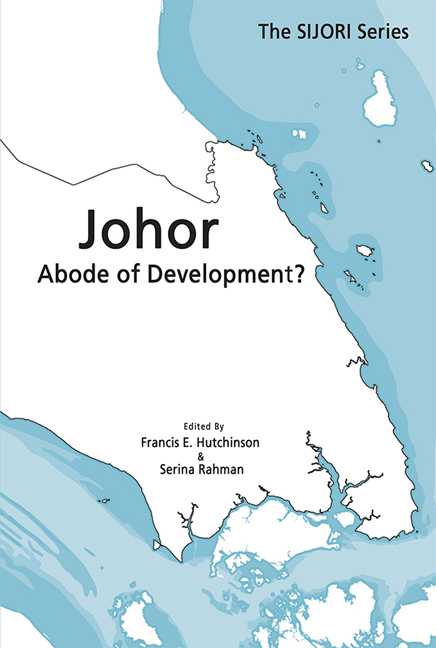
Johor
- Abode of Development?
-
- Published by:
- ISEAS–Yusof Ishak Institute
- Published online:
- 24 November 2020
- Print publication:
- 01 September 2020
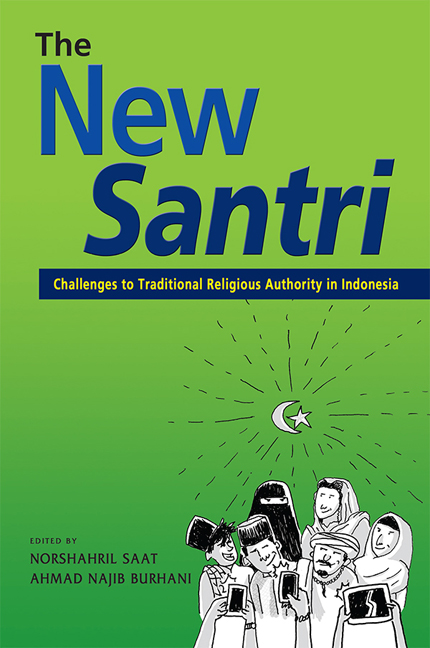
The New Santri
- Challenges to Traditional Religious Authority in Indonesia
-
- Published by:
- ISEAS–Yusof Ishak Institute
- Published online:
- 24 November 2020
- Print publication:
- 24 August 2020
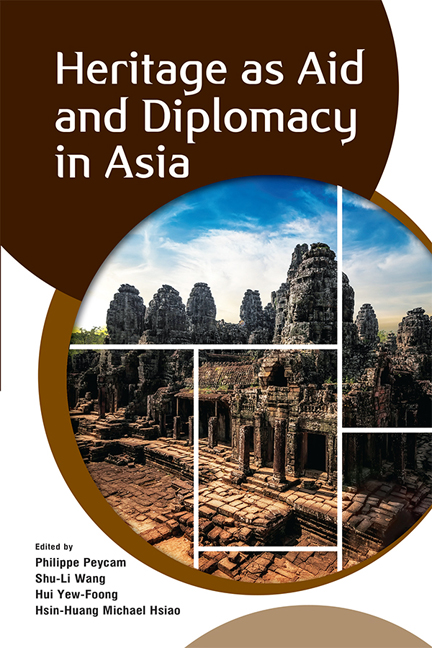
Heritage as Aid and Diplomacy in Asia
-
- Published by:
- ISEAS–Yusof Ishak Institute
- Published online:
- 10 November 2020
- Print publication:
- 04 May 2020
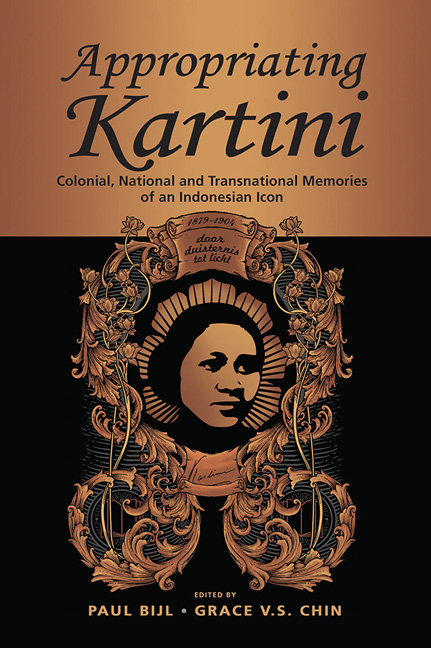
Appropriating Kartini
- Colonial, National and Transnational Memories of an Indonesian Icon
-
- Published by:
- ISEAS–Yusof Ishak Institute
- Published online:
- 02 April 2020
- Print publication:
- 10 January 2020
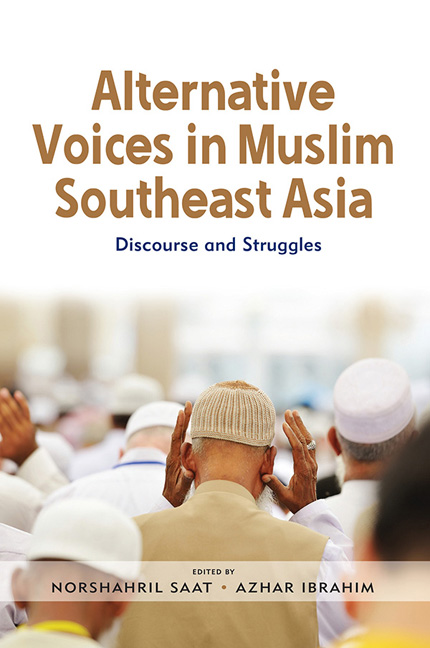
Alternative Voices in Muslim Southeast Asia
- Discourses and Struggles
-
- Published by:
- ISEAS–Yusof Ishak Institute
- Published online:
- 02 April 2020
- Print publication:
- 17 December 2019
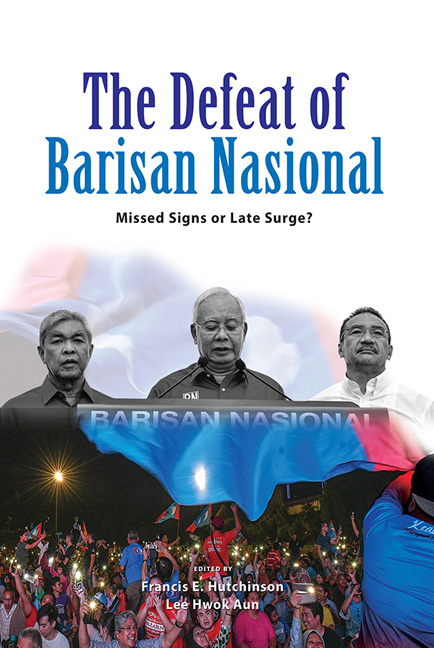
The Defeat of Barisan Nasional
- Missed Signs or Late Surge?
-
- Published by:
- ISEAS–Yusof Ishak Institute
- Published online:
- 17 April 2020
- Print publication:
- 16 December 2019



